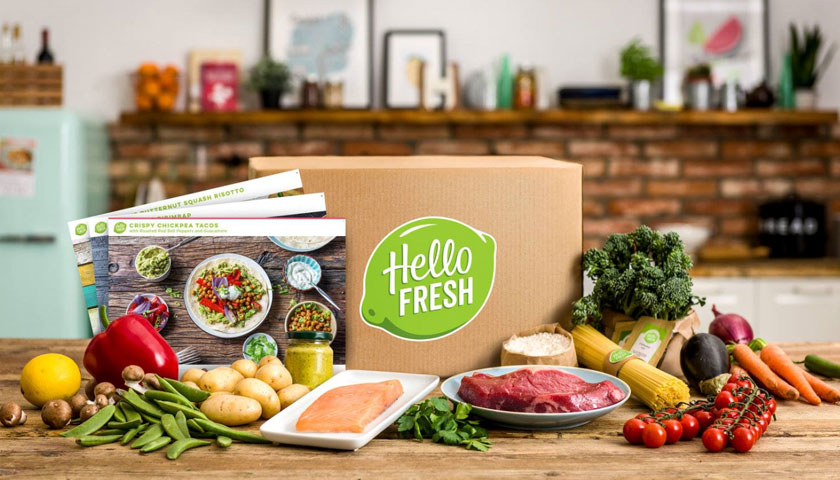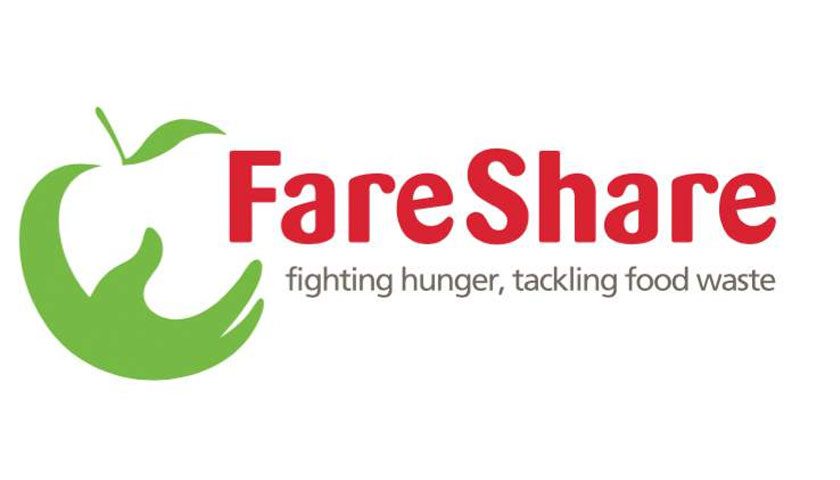HelloFresh SE (“HelloFresh”) announced its commitment to science-based emissions reductions targets within its 2022 non-financial report. Within the report, the company demonstrates progress in further decreasing its environmental impact and presents new goals for further reducing carbon emissions and food waste by 2025.
“As the worldʼs largest meal kit company, we recognize the important contribution we can and must make in driving sustainable progress on environmental and social issues. Setting ourselves science-based targets means we are committed to doing our part for the environment to limit global warming to 1.5 degrees or less, which marks a big milestone for HelloFresh”, says Thomas Griesel, co-founder of HelloFresh.
The Science Based Targets initiative (SBTi) is a global body enabling businesses to set ambitious emissions reductions targets in line with the latest climate science. HelloFresh will develop and validate its targets within the two-year time frame allocated to this process.
Further investments in green energy and own fleets to further reduce carbon emissions
Alongside the process of setting up the science-based targets, HelloFresh continues to follow its strategy of avoiding and reducing emissions by making operations more energy efficient and transitioning to renewable energy. The share of green energy consumed in HelloFreshʼs distribution centers and offices in 2022 increased to 53%, from 50% in 2021 and 35% in 2020.
Further expanding HelloFreshʼs electric fleets is another important measure of further reducing HelloFreshʼs Scope 3 CO2e emissions. In the Benelux region the number of emission-free deliveries expanded to an average of 48% in 2022 from 10% in 2021. In 2022 e-van delivery was piloted in the US and HelloFresh plans to extend this initiative within the US and other markets where feasible in the future.
HelloFreshʼs continued efforts in 2022 led to a 50% reduction in carbon emissions from its meal kit production facilities per euro revenue compared to a 2019 baseline, which means the company got very close to meeting its ambitious goals for 2022 of a 60% reduction.
Ongoing efforts to reduce food waste
Reducing food waste continues to be an integral part of HelloFresh’s sustainability approach. In 2022, 12,040 tonnes of unsold edible food was donated to charities. Compared to a 2019 baseline, the company managed to reduce the food waste sent to landfill or incineration from all our meal-kit facilities by 42%, which means the company almost met its ambitious goals for 2022 of a 50% reduction.
Ambitious targets set for 2025
Considering the rapid growth of the food solutions groupʼs recently acquired ready-to-eat business vertical and the substantial difference in operations compared with the meal kit business, HelloFresh decided to establish separate environmental goals for these verticals:
Meal kit business:
- Reduce the emissions from the HellFresh Groupʼs meal kit production facilities by 66% per euro revenue from a 2019 baseline by the end of 2025.
- Reduce food waste from the HelloFresh Groupʼs meal kit production facilities by 52% per euro revenue from a 2019 baseline by the end of 2025.
Other businesses, represented by ready-to-eat vertical:
- Reduce the emissions from HelloFreshʼs other businesses’ production facilities by 30% per euro revenue from a 2021 baseline by the end of 2025.
- Reduce food waste from HelloFreshʼs other businesses’ production facilities by 56% per euro revenue from a 2021 baseline by the end of 2025.
The HelloFresh non-financial report and the data included was audited by KPMG AG Wirtscha.

